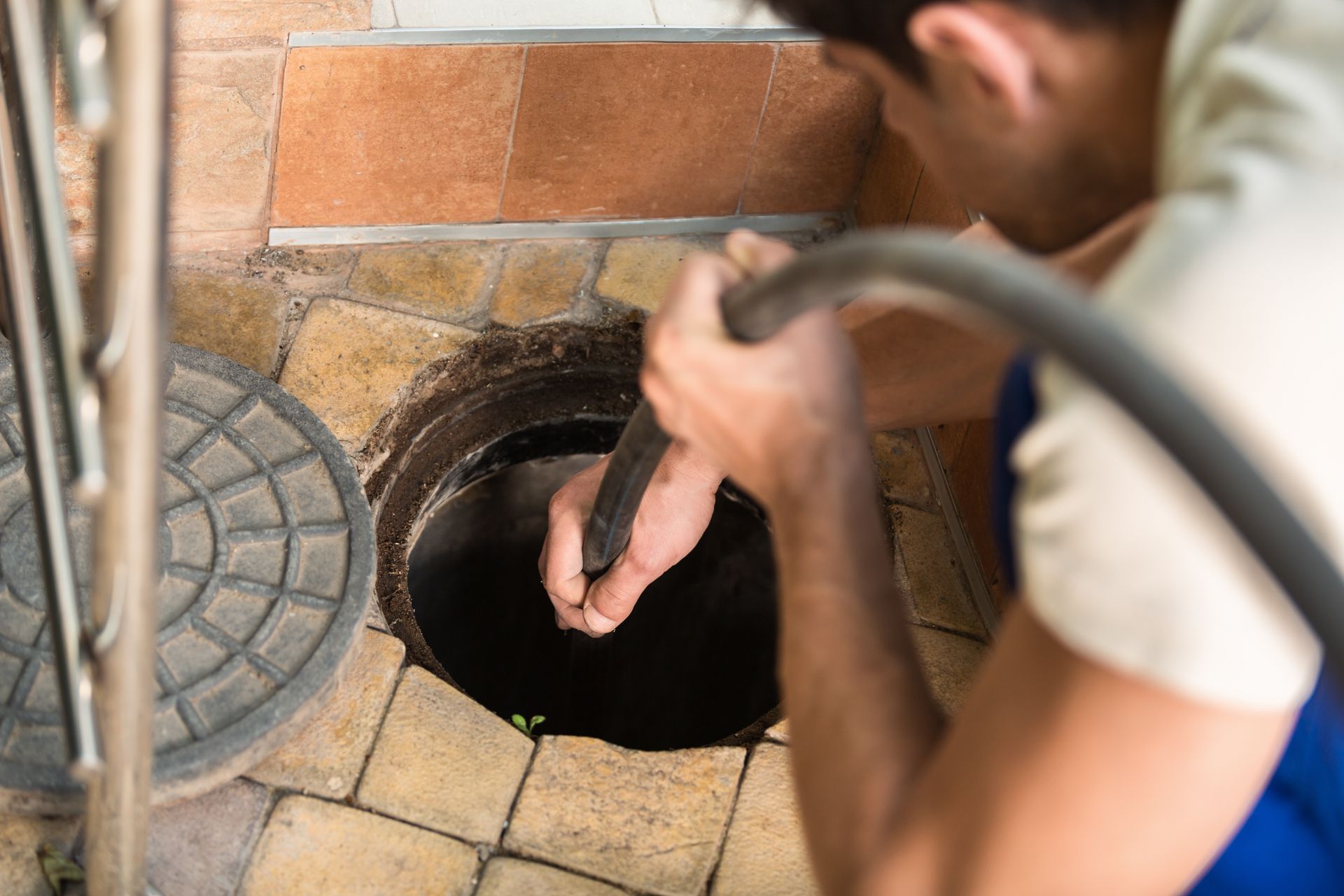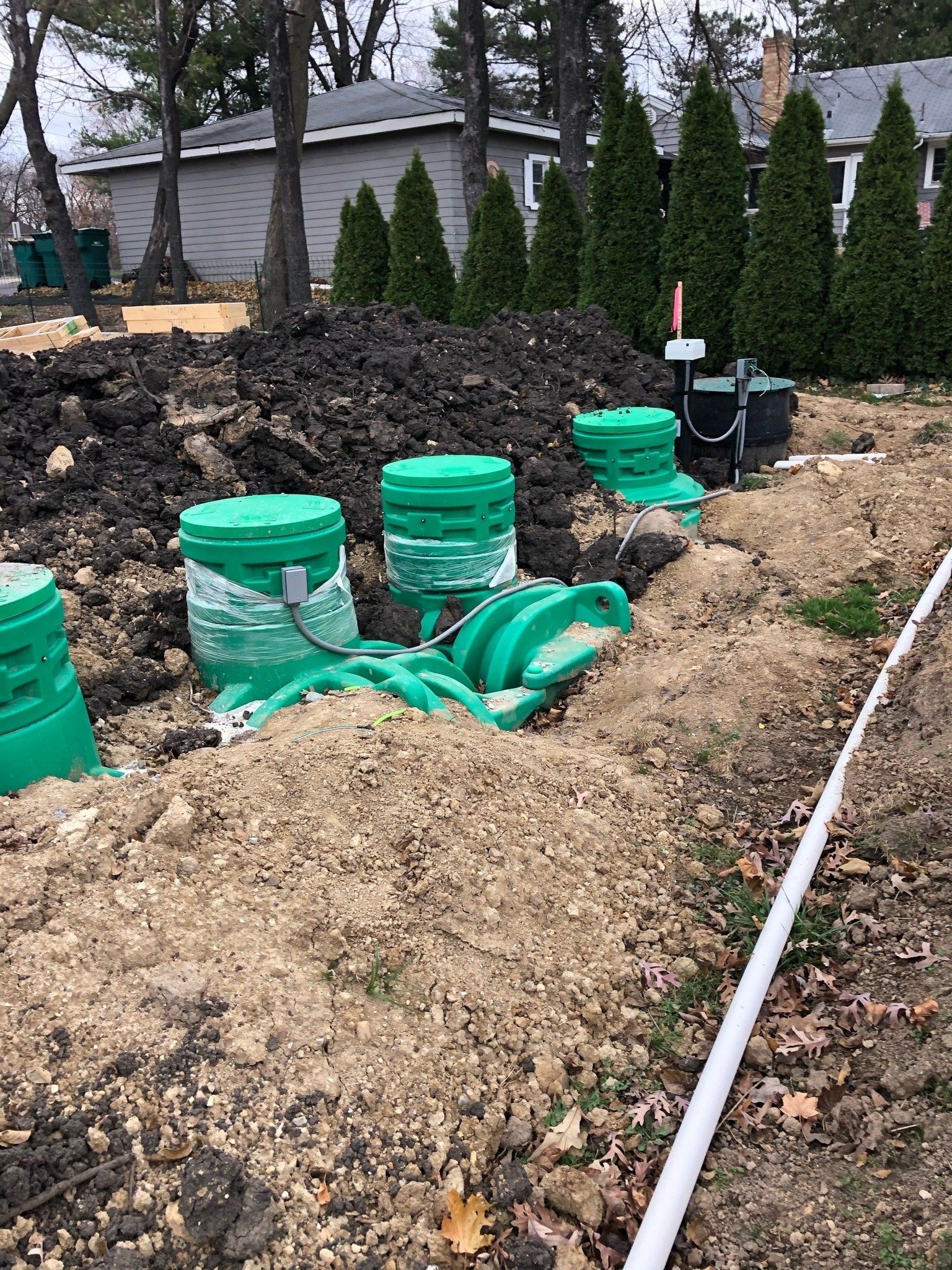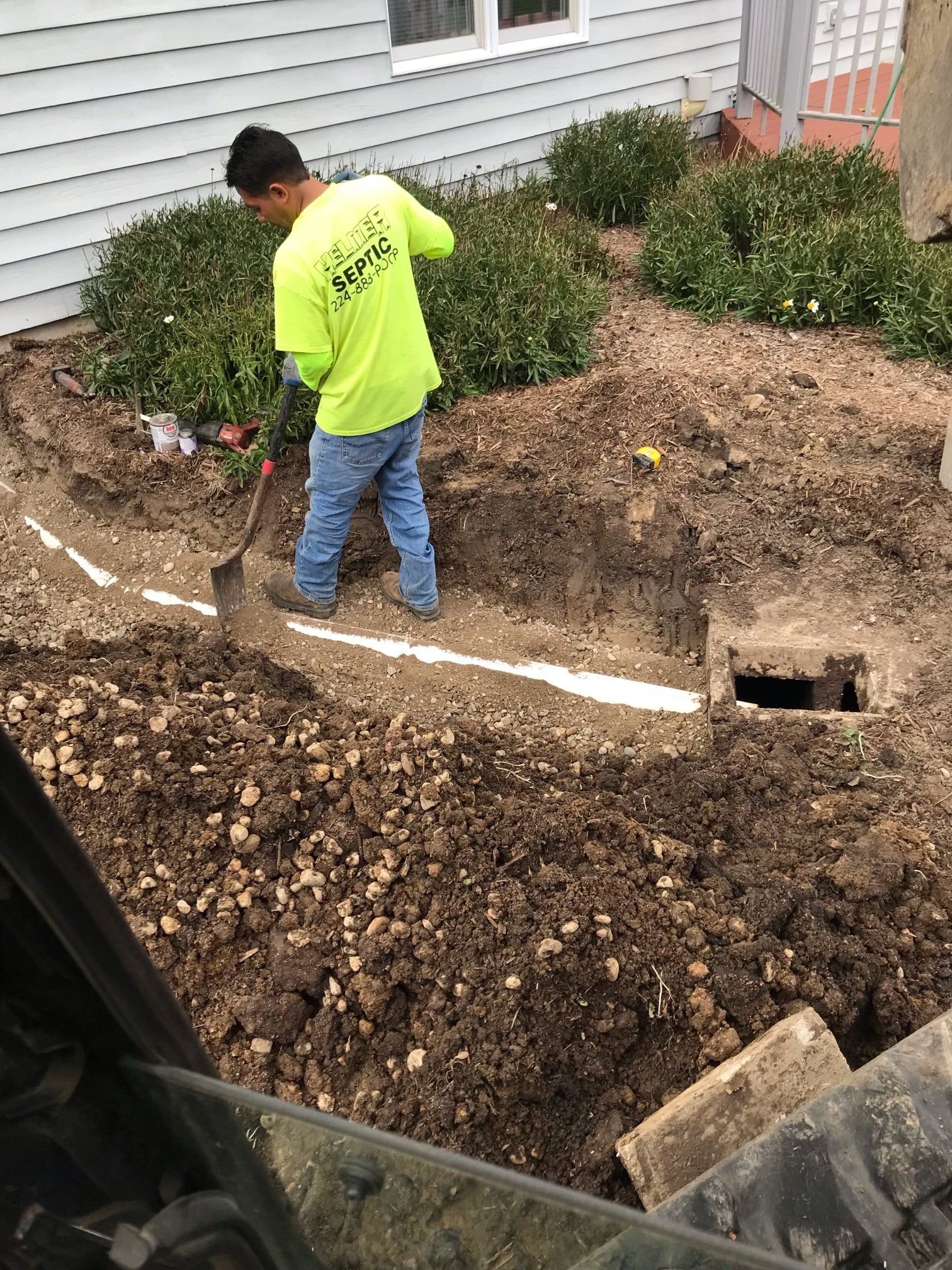224-888-POOP 60 Detroit Street Suite F Cary, IL 60013 | Mon - Fri 7AM- 5PM / Emergency Services are available on weekends
A main line clog can wreak havoc on your plumbing system, leading to slow drains, backups, and potential water damage. Recognizing the signs of a main line clog early can help you address the issue promptly and prevent further complications. In this blog post, we'll explore some common signs that indicate you may have a main line clog and provide tips on how to deal with this plumbing issue effectively.
- Slow Draining Fixtures:
- One of the most common signs of a main line clog is slow draining fixtures throughout your home. If multiple sinks, toilets, or showers are draining slowly or gurgling when flushed or drained, it could indicate a blockage in the main sewer line.
- Frequent Toilet Backups:
- If you're experiencing frequent toilet backups, especially after using multiple plumbing fixtures simultaneously, it may be a sign of a main line clog. Pay attention to whether flushing one toilet causes backups in other toilets or drains.
- Unusual Gurgling Noises:
- Gurgling noises coming from drains or toilets when water is running elsewhere in the house can indicate air trapped in the plumbing system due to a main line clog. These noises are often a warning sign that should not be ignored.
- Foul Odors Coming from Drains:
- A main line clog can cause sewage backup, leading to foul odors emanating from drains throughout your home. If you notice persistent sewage smells, especially in lower-level drains or near floor drains, it could indicate a main line issue.
- Water Backing Up in Floor Drains:
- Floor drains in basements, utility rooms, or garages may be the first to show signs of a main line clog. If you notice water backing up or pooling around floor drains, it's essential to address the issue promptly to prevent water damage and potential health hazards.
- Visible Sewage Backup:
- In severe cases, a main line clog can cause raw sewage to back up into sinks, toilets, or tubs. This is a clear indication of a significant blockage in the main sewer line and requires immediate attention from a professional plumber.
- Multiple Fixture Issues:
- When multiple plumbing fixtures are experiencing issues simultaneously, such as slow drains, backups, or unusual noises, it's likely that the problem originates in the main sewer line rather than individual drain lines.
- Changes in Water Levels in Toilet Bowls:
- Keep an eye on the water levels in your toilet bowls. If you notice fluctuations in water levels, including unusually high or low levels, it could indicate a main line clog affecting the proper flushing and drainage of toilets.
- Lush Patches of Grass in the Yard:
- In some cases, a main line clog can lead to sewage leakage into the yard, resulting in unusually lush patches of grass or vegetation above the location of the main sewer line. This may indicate a significant underground plumbing issue.
- Previous Main Line Clog History:
- If you've experienced main line clogs in the past, be vigilant for any recurring symptoms. Addressing issues promptly and implementing preventive measures can help minimize the risk of future clogs.
Identifying the signs of a main line clog early is crucial for preventing water damage, sewage backups, and costly repairs. If you notice any of the symptoms mentioned above, it's essential to address the issue promptly by contacting a professional plumber experienced in dealing with main line clogs. With timely intervention and proper maintenance, you can keep your plumbing system running smoothly and avoid the inconvenience of main line clogs in the future.



Contact
224-888-POOP
60 Detroit Street Suite F
Cary, IL 60013
Mon - Fri 7AM- 5PM
Emergency Services are available on weekends

Services
